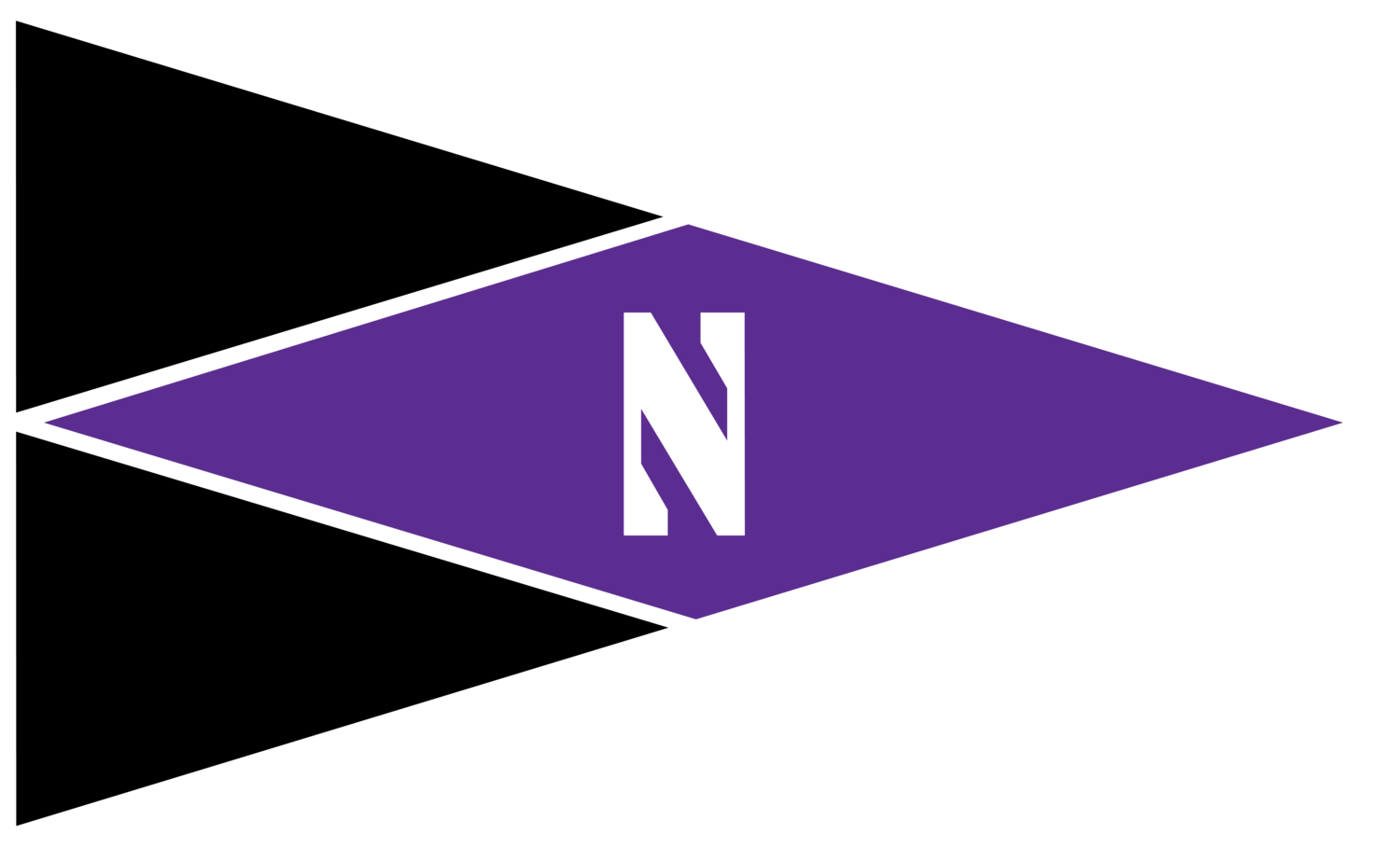Thank you for your interest in the Northwestern University Sailing Team! For those hoping to learn more about the team and the tryout process, we put together this FAQ's section. If you have any additional questions, please visit our contact page.
Do I need prior experience to try out for NUST?
Not at all! Many of our new sailors never sailed competitively before. We are a club sports team, and while we do have an amazing coach, we also rely heavily on each other to learn and improve. Having sailing and racing experience is a huge plus, but having a willingness to learn and desire to improve is equally as important.
How much commitment is the team?
All sailors are expected to practice at least twice a week. We hold practice Monday through Thursday from 3 to 6PM during fall and spring. Every Monday we have a weekly meeting, during which we share information about upcoming regattas, fundraising, recruitment, and more. Depending on how competitive you want to be, you could be sailing most weekends during the season. It definitely is a time commitment, but our sailors find it very manageable.
How competitive is the team?
We sail in MCSA regattas as well as several intersectional regattas. During fall and spring, we compete in regattas almost every weekend. For MCSA regattas, we travel around the Midwest, from Minnesota to Michigan, to Wisconsin, etc. Our intersectional regattas take us anywhere from Stanford to Eckerd to Coast Guard Academy and a few more.
Can the team advocate for me during the admissions process?
Being a club sports team, we unfortunately do not have any say in your admission to Northwestern University.
How do I join the team?
It is certainly not a bad idea to send a brief self-introduction or even sailing resume to the current recruitment chairs. Just visit our contact page! Ask them any questions you may have about the team, about NU, or just say hey! Once you are in touch, come drop by one of our practices during your campus visit. If you've been admitted (congratulations!), look out for NUST at the Activities Fair during Wildcat Days in the spring and during Wildcat Welcome once you get here in the fall!
How does the team accommodate financial need?
A large amount of support is available from the university through the SAAF (Student Activity Assistance Fund). This grant can be used to fund up to $600 of sailing gear, traveling costs, and dues per academic year. Beyond university assistance, NUST is launching a drysuit lending program within the team. Additional funding is available within the team, and financial need will never be a barrier to participation in NUST.
What are tryouts like?
Tryouts consist of a brief interview followed by an on-the-water tryout. During the interview, we’ll ask some questions about your experience as a sailor, as well as some more fun get to know you questions. For the on-water tryout, you'll sail with a skipper from our team. If you've never sailed before, we'll teach you some very basic techniques and put what you just learned into practice. If you have sailing experience, we'll do some higher-level boathandling with you to gauge how proficient you are. We just want to see what you can do!
When do we sail?
We sail throughout fall and spring quarters. That means that we start sailing in late September and end right before Thanksgiving. Then, we start up again after Spring Break in March, and we sail until the end of the school year in June. In the winter, although we’re not practicing on the water, we hold meetings, workouts, learning sessions, and even attend a few regattas! We also like to play intramural sports as a team.
What are the typical conditions on Lake Michigan?
Lake Michigan has conditions ranging from cold, heavy NE breeze with 5-ft waves to warm and shifty SW breeze with flat water. It gets really cold (just above freezing) in late fall and early spring, so drysuits are mandatory for those time periods. If you don't have one, we'll organize a big team purchase once our fall season starts. A new drysuit lending/donation program is currently in launch.

